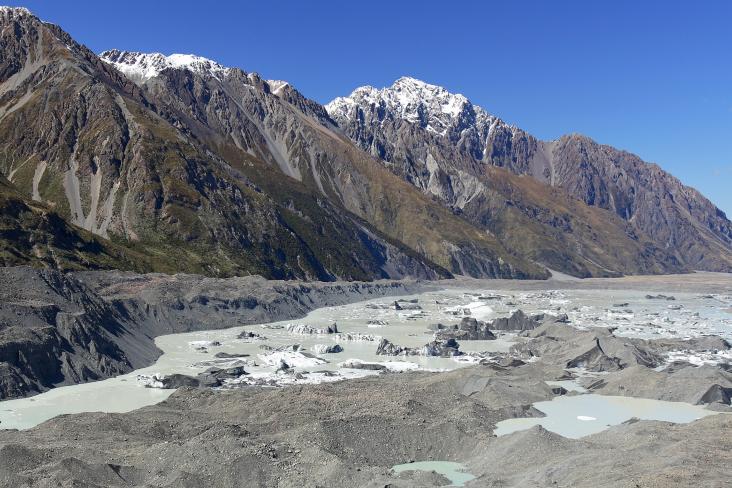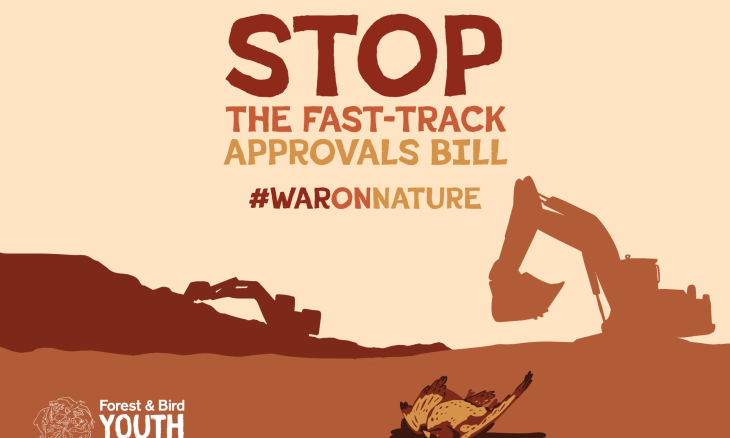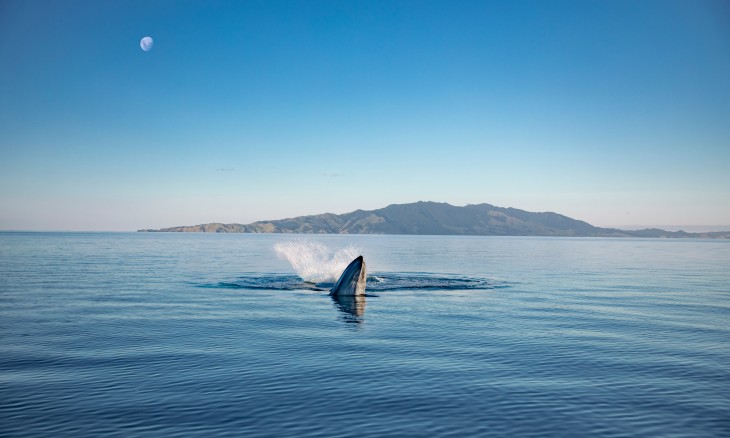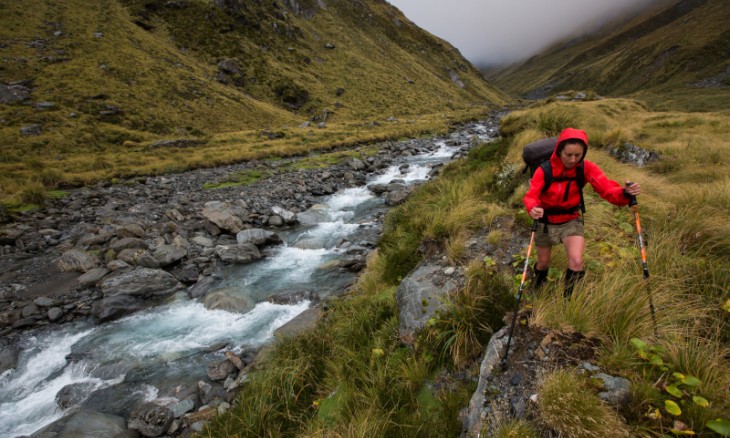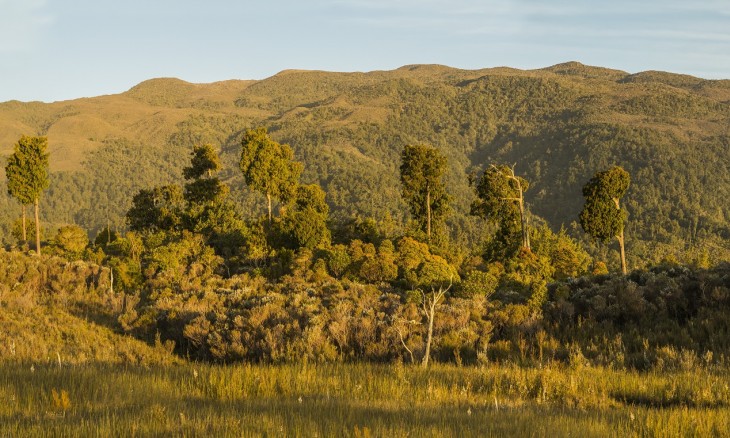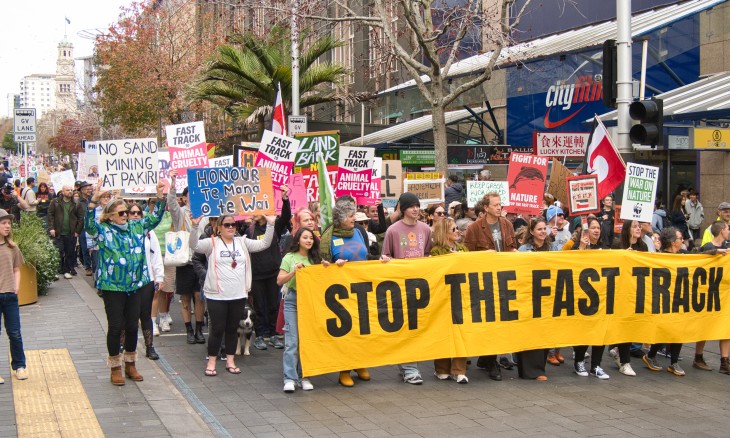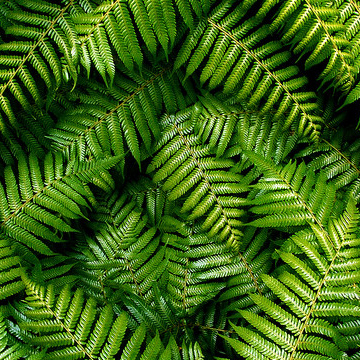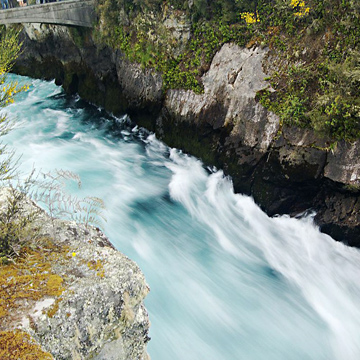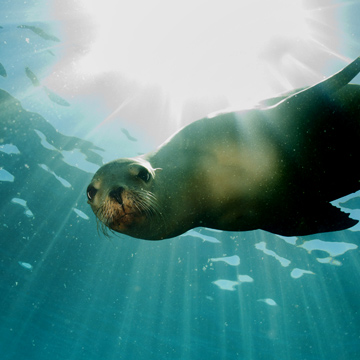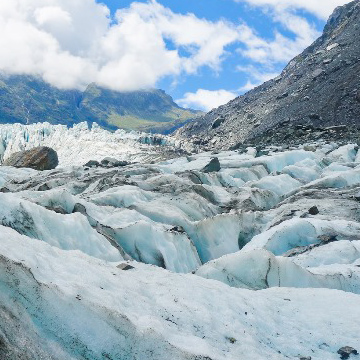Our native plants and animals are vulnerable to the impacts of climate change. We need an economy that cares for people and the planet.
How the changing climate affects nature
- Ocean changes mean food is scarcer for seabirds like hoiho | yellow-eyed penguin, reefs are dying in warmer temperatures, and shellfish can’t grow in more acidic waters.
- Pests and weeds will extend their range, like rats invading further into alpine areas, and new pests and diseases will arrive.
- Warmer temperatures lead to more frequent forest mast events, which cause more pests and greater pressure on native species already in trouble like mohua | yellowhead.
- More frequent storms and floods are destroying nesting habitat for river and shore birds, who often have no place to retreat due to human development.
- More frequent droughts lead to a higher risk of forest fires.
- Warmer temperatures mean fewer female tuatara will hatch, threatening the survival of our largest reptile.
Our economy, our health, and our way of life depends on a healthy environment. But right now, climate change is threatening our most precious wild places and animals.
Polluters have been free to exploit the atmosphere by releasing greenhouse gasses without consequence, and nature is paying the price.
It is time to move beyond the outdated thinking that stands in the way of fair solutions for the economy, for people, and for the environment.
If we act now, there is an opportunity to prevent the worst effects of climate change, support future-proofed employment for people, and protect our native plants and animals.
Restoring and protecting healthy natural ecosystems will help protect New Zealand from the effects of climate change. Healthy forests and wetlands can protect us from floods by holding water and releasing it slowly. Natural dunes and healthy foreshore areas can protect us from sea level rise and storms.
We need nature, and nature needs us to build a sustainable economy for people and the planet.
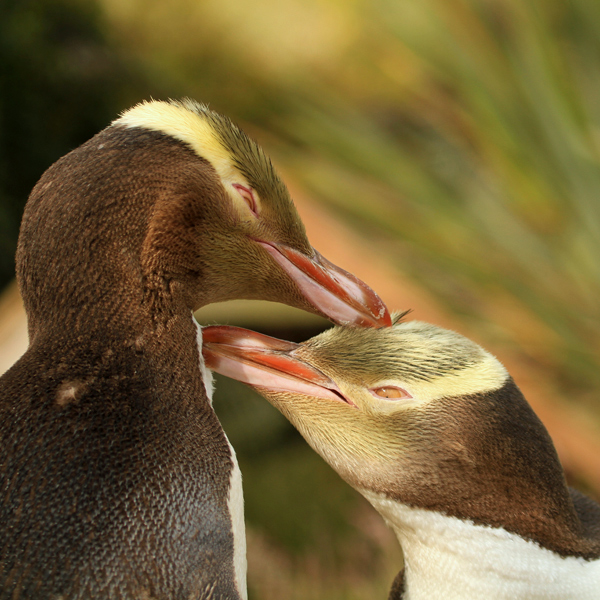 Donate
Donate
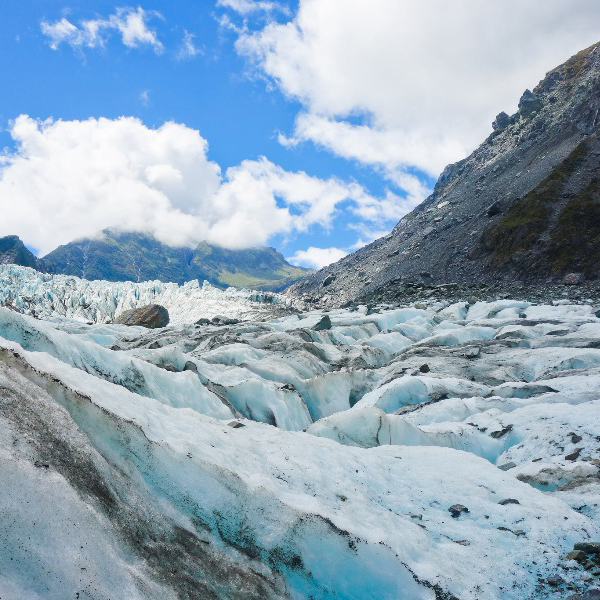 Volunteer
Volunteer
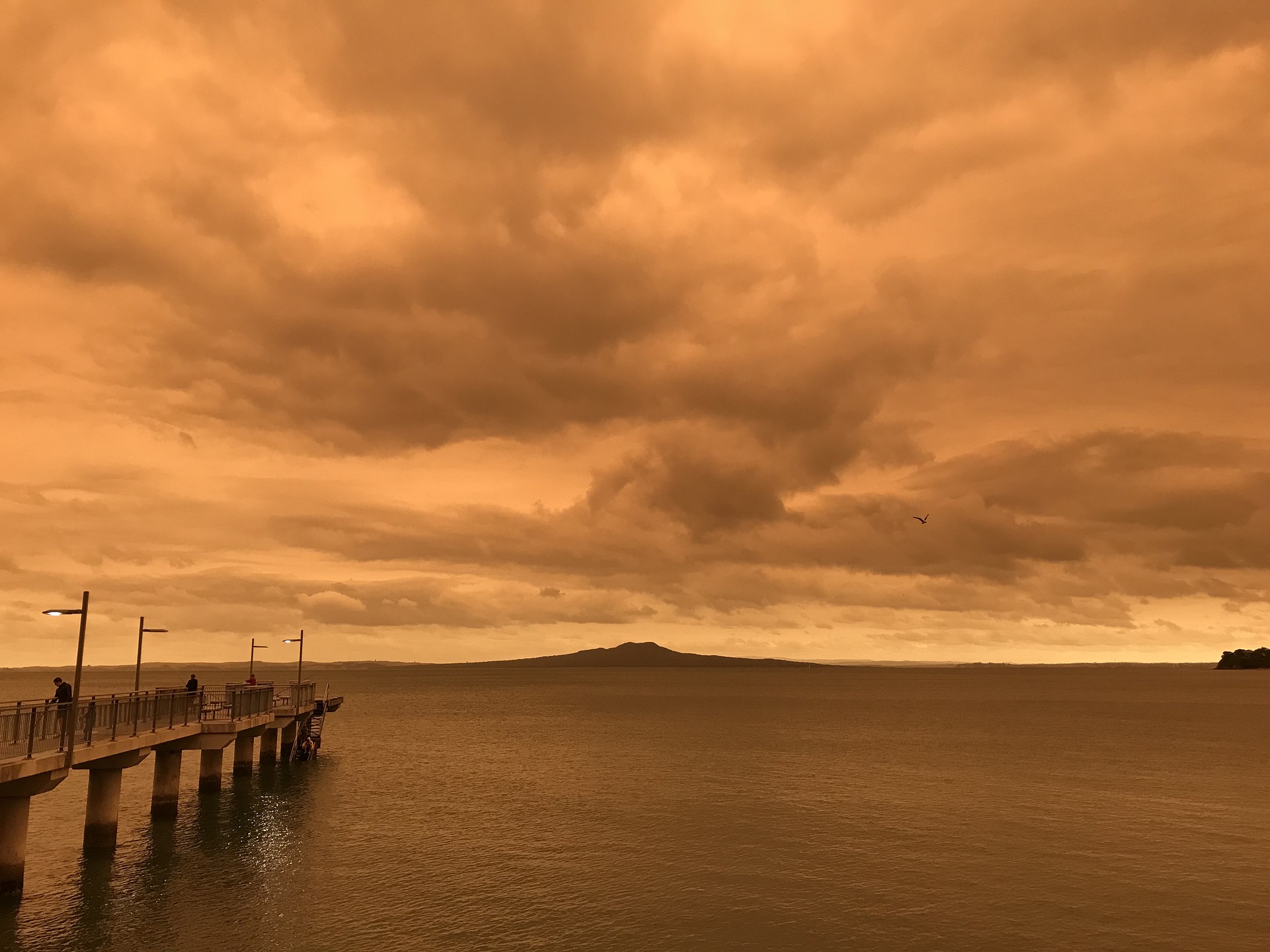 Subscribe
Subscribe

